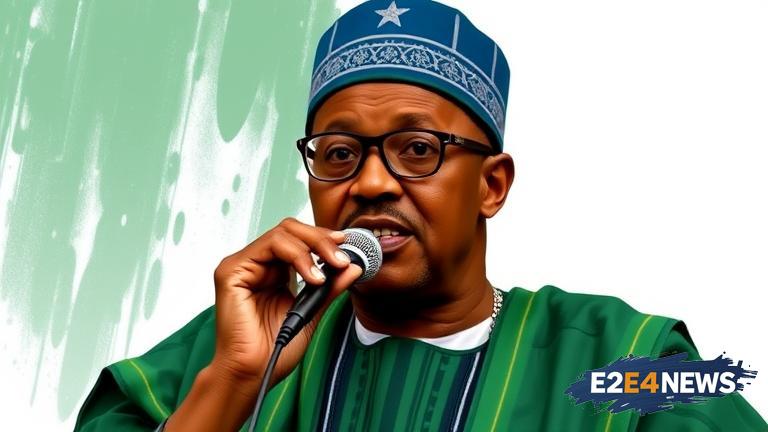The African Democratic Congress (ADC) has recently spoken out against President Bola Tinubu’s decision not to appoint ambassadors to represent Nigeria abroad. This move has been met with criticism from the ADC, who believe that the lack of diplomatic representation is detrimental to the country’s interests. The party has emphasized the importance of having ambassadors in place to promote Nigerian relations with other countries and to facilitate international cooperation. According to the ADC, the delay in appointing ambassadors is a clear indication of the government’s lack of priority when it comes to foreign policy. The party has also expressed concern that the absence of ambassadors will hinder Nigeria’s ability to engage in meaningful diplomatic efforts, ultimately affecting the country’s economy and global standing. Furthermore, the ADC has pointed out that the delay is not only affecting Nigeria’s relations with other countries but also impacting the livelihoods of Nigerians living abroad. The party has called on President Tinubu to reconsider his decision and to prioritize the appointment of ambassadors. In addition, the ADC has urged the government to take a more proactive approach to foreign policy, recognizing the significance of diplomatic relations in today’s globalized world. The ADC’s criticism comes at a time when Nigeria is facing numerous challenges, including economic instability and security concerns. The party believes that a strong diplomatic presence is essential in addressing these challenges and promoting Nigerian interests abroad. The ADC has also highlighted the need for the government to engage in constructive dialogue with other countries, particularly in the areas of trade and security. By appointing ambassadors, the government can demonstrate its commitment to building strong relationships with other nations and promoting peace and stability in the region. The ADC’s stance on the matter has been met with support from various stakeholders, who share the party’s concerns about the impact of the delay on Nigeria’s international relations. As the situation continues to unfold, it remains to be seen how President Tinubu will respond to the ADC’s criticism and whether he will prioritize the appointment of ambassadors. The ADC’s criticism of President Tinubu’s decision is a clear indication of the party’s commitment to promoting Nigerian interests and ensuring that the government prioritizes the country’s foreign policy. In conclusion, the ADC’s stance on the matter highlights the need for a more proactive approach to foreign policy and the importance of diplomatic representation in promoting Nigerian interests abroad.
